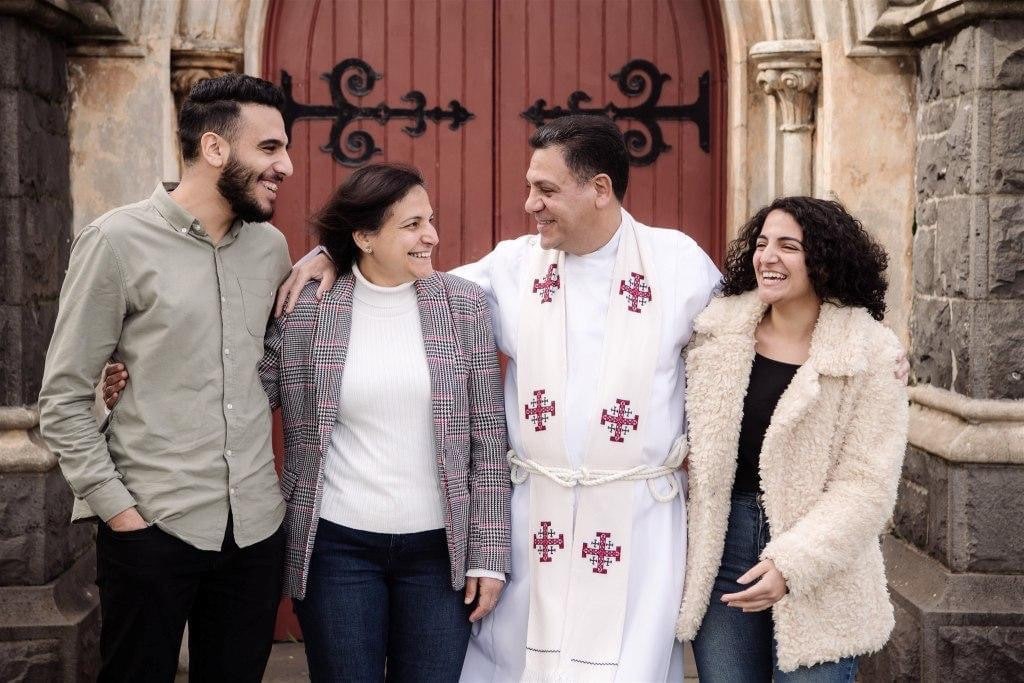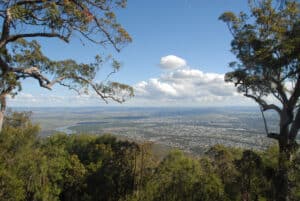
Maya Pilbrow
1 May 2023
When the Reverend Canon Farag Hanna began serving as a locum at Holy Trinity Coburg, the Anglican parish had five Arabic speakers.
Now the church’s Sunday services in Arabic regularly see hundreds of congregants.
Mr Hanna, who has served at Holy Trinity since 2016, said between 40 and 50 people had joined the church each year for the past seven years.
He said many church members had Egyptian, Jordanian, Syrian, Lebanese and Iraqi backgrounds.
Mr Hanna said the church was able to provide support to families who attended, many of whom had fled dangerous situations in the Middle East and had arrived as refugees.
“They came here, they lost everything. They are broken, emotionally, financially, spiritually, physically,” he said.
Mr Hanna said he and his wife Ragaa would go with parishioners to appointments at hospitals, prisons, schools, and Centrelink offices to help translate and offer moral support.
Read more: Indigenous theologians set to challenge Churches to hard conversations
Mr Hanna said his family were crucial to helping parishioners feel welcomed and at home in the church.
He said it was important for parishioners to know that the church supported them and would hear their problems.
Mr Hanna said Anglicanism was new to most of the parishioners who came from Orthodox, Catholic and nondenominational churches, while a few families had converted from Islam.
He said his own journey to faith helped him connect with Arabic families who often had no experience of Anglicanism.
Mr Hanna grew up in Egypt in an Orthodox family. He lived in a majority Muslim community and said he never paid much attention to his faith growing up.
He said he knew very little about Christianity until he met some Christian students at university when he was 19 who read the Bible with him and introduced him to theological discussions.
Mr Hanna said it was a dangerous time to be Christian in Egypt during this period. He said it was risky for his Christian friends to visit him, but they persisted.
After several weeks, he said he spent an entire night praying by himself in his room.
“I was asking God, ‘who is right?’. Are the Muslim people right, are Christians right, are the Orthodox right, or Protestants?” he said.
Read more: Calls for unity, love and prayer as Burmese endure brutality
Mr Hanna said he experienced a moment of clarity, as if a light had turned on.
He hurried to see his Christian friends at university, and they encouraged him to study theology at with the Presbyterian Church.
After six months, he said he went home and started the first evangelical church in his village.
Mr Hanna said he faced persecution for running a church where Muslims converted to Christianity, so he left Egypt and moved to Jordan.
He said he began teaching at a school run by the Anglican Diocese of Jerusalem, where he first encountered Anglicanism.
Mr Hanna said growing up in the Middle East, he had seen many different types of worship and he liked the accessibility of the Anglican liturgy.
“It can be reached by anyone, so anyone can understand it,” he said.
For more faith news, follow The Melbourne Anglican on Facebook, Twitter, or subscribe to our weekly emails.






